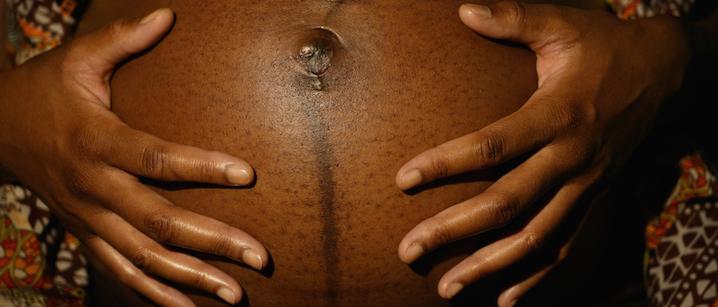
Gestational diabetes risk?
Researchers have found a link between gestational diabetes and increased risk of type 2 diabetes in African-American women. According to the study completed by Kaiser Permanente, African-American women are 52% more likely to suffer from diabetes later in life if they suffer from gestational diabetes. This percentage is compared to comparable Caucasian women.
Researchers noted that Caucasian women are more likely to contract gestational diabetes during pregnancy, but the long-term effects of gestational diabetes are more prominent for African-American women who do suffer from the condition. Ethnicity and race are already considered risk factors for type 2 diabetes, but this is the first time a connection between type 2 diabetes, gestational diabetes, and race has been proven.
What has research shown?
The study examined pregnancy cases of nearly 78,000 women of diverse ethnic backgrounds. The women gave birth between 1995 and 2009. African-American women who developed gestational diabetes were 10 times more likely to suffer from diabetes later in life, unrelated to pregnancy. Other ethnicities also showed an increased risk, but not on the same level as African-American women:
- Non-Hispanic White Women – 6.5 times more likely.
- Hispanic Women – 7.7 times more likely.
- Pacific Islander Women – 6.3 times more likely.
Gestational diabetes is most likely to occur in women of Asian and Pacific Islander backgrounds. Gestational diabetes can cause early delivery, increased fetal weight, and increased risk of C-section birth. Babies born to mothers with gestational diabetes are more likely to suffer from diabetes later in life.
According to Anny H. Kiang Ph.D., “All women diagnosed with GDM should be screened for diabetes soon after their delivery and subsequently at regular intervals. These women would benefit from lifestyle changes such as changes in diet and increases in physical activity that can reduce diabetes risk. Our study shows that prevention messages, while important to all women who develop GDM, are particularly important for African American women."
Read More:
10 Most Common Pregnancy Complications
Type 1 Diabetes
Glucose Challenge Test
Source: Anny H. Kiang Ph.D., et al. Kaiser Permanente. 20 October 2011.
